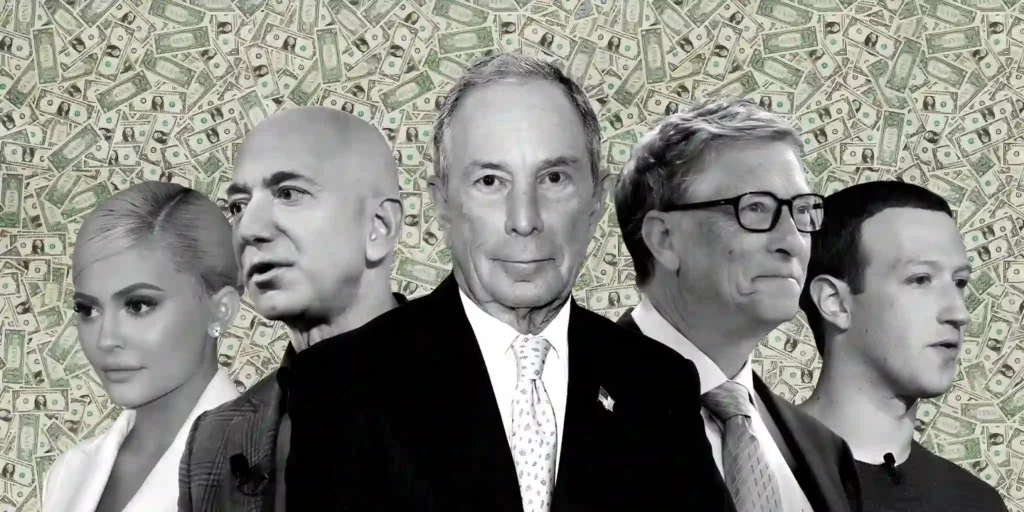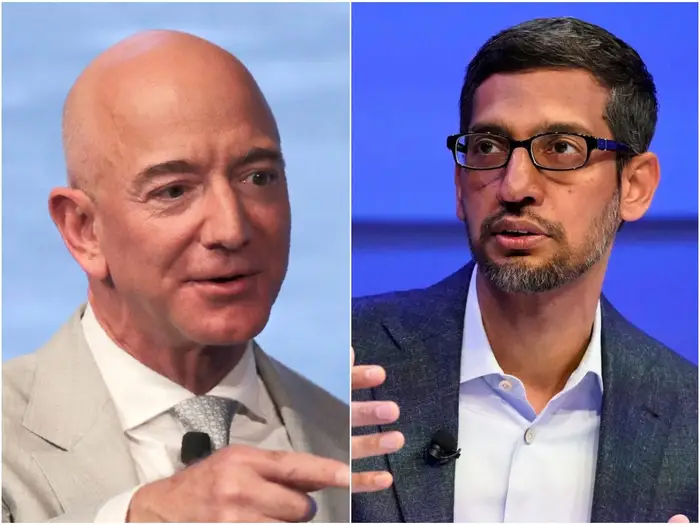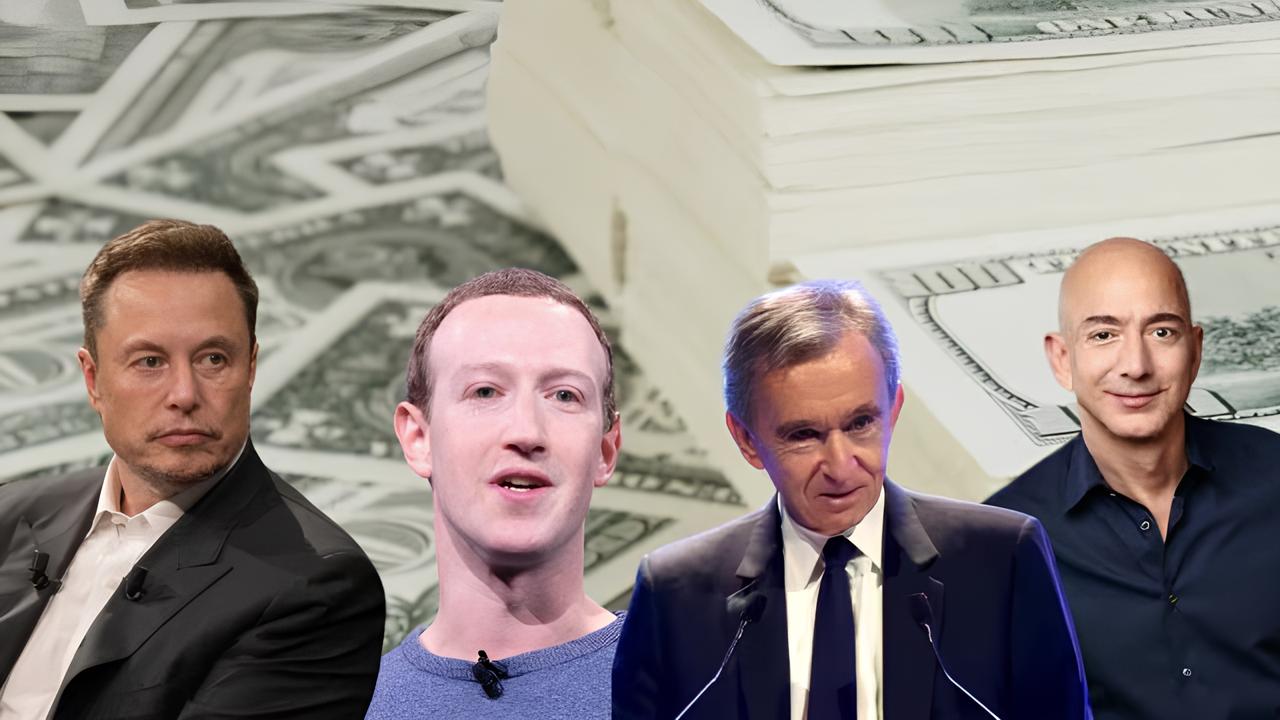The term “woke” has become a lightning rod in modern discourse, often used as a catch-all for social awareness or progressive ideas. But what if this battle against “wokeness” isn’t about ideology at all? What if it’s about power?
Beneath the surface, tech billionaires’ crusade against “woke culture” might actually be a calculated strategy to undermine workers, dismantle protections, and consolidate authority in ways that echo the industrial battles of old.
The Culture War’s Convenient Disguise
Imagine a tech CEO standing in a boardroom, addressing the challenges of the modern workplace. Instead of celebrating diversity or collaboration, they focus on a different target: “cultural neutering.”
They claim that corporate environments have become too soft, too cautious, and too accommodating. For these executives, “wokeness” isn’t just a societal trend—it’s an enemy to be vanquished.
Mark Zuckerberg, for example, has publicly lamented what he perceives as the loss of “masculine energy” in professional spaces.
His rhetoric isn’t just about culture; it’s a thinly veiled jab at the evolving workplace where inclusivity and fairness challenge traditional power dynamics.
Elon Musk, another vocal figure in this “war,” takes it a step further. His open disdain for labor unions and worker protections aligns perfectly with his dismissive attitude toward “woke culture.”
These stances aren’t just coincidental—they’re strategic. By painting these movements as frivolous or harmful, leaders redirect attention away from labor concerns and focus it on abstract cultural battles.

A Classic Strategy in a Modern Suit
Historically, those in power have often employed “divide and conquer” strategies to maintain control. Framing workplace struggles as ideological battles is just the latest iteration.
Workers who might otherwise unite over fair wages, benefits, and rights are instead distracted by polarizing debates about cultural issues.
This isn’t new. During the Industrial Revolution, factory owners would pit workers against each other based on nationality or religion, deflecting attention from dangerous working conditions.
Today, tech billionaires are doing something similar—only now, the dividing line is between the “woke” and those who oppose it.
By focusing on cultural buzzwords, they sideline critical issues like:
- Mass layoffs and outsourcing: Companies reduce costs by replacing domestic talent with cheaper foreign labor or artificial intelligence.
- Union suppression: Efforts to form collective bargaining units are labeled as obstacles to innovation.
- Eroding protections: Workers’ rights to fair treatment and safety are undermined under the guise of “efficiency.”
The Tech Oligarchy’s Influence
The power of tech billionaires extends beyond boardrooms. They have significant sway over policy and regulation, often leveraging their wealth to influence lawmakers.
Many prominent figures, from Jeff Bezos to Sundar Pichai, have contributed heavily to political campaigns.
While these donations may appear to support democratic engagement, they often come with strings attached—ensuring policies that favor corporate interests over worker protections.
The narrative around “woke” culture serves another purpose: it justifies decisions that prioritize profit over people. When companies lay off workers or cut benefits, these actions can be spun as necessary corrections to a “culturally neutered” corporate world.

A Warning from History
As historian Timothy Snyder warns in On Tyranny, acts of “anticipatory obedience” often pave the way for authoritarian regimes. By preemptively aligning with power structures, individuals and corporations surrender their agency, enabling greater abuses of power.
In this case, tech billionaires’ alignment with anti-woke rhetoric is a form of anticipatory obedience. By amplifying culture wars, they curry favor with political leaders who share their disdain for regulations and worker protections.
What’s Next for Workers?
The so-called war on woke is, at its core, a war on workers. It’s a calculated effort to weaken collective power, distract from systemic inequalities, and shift the narrative away from the real struggles of modern labor.
As tech giants embrace artificial intelligence and other cost-saving measures, the gap between corporate leaders and their employees is growing wider. While workers are pushed to the sidelines, the billionaires continue to shape policies that prioritize profits over fairness.
The question isn’t just whether “woke culture” belongs in the workplace. It’s whether we’re willing to see through the smokescreen and address the deeper issue: the growing imbalance of power between workers and the corporate elite.
Clark is a 26-year-old expert working for consumer protection, Clark has dedicated years to identifying and exposing fraudulent schemes. He is working with NGOs to help people who are victims of scams. In his free time, Todd plays football or goes to a bar.







